Everyone likes to talk about bustling places like New York City and San Francisco — places with dazzling and impressive reputations. However, some small, lesser-known towns in the US have strange characteristics and fascinating backstories that make them wonderfully peculiar and puzzling. These funky towns can enchant, confuse, and bewilder people looking in from the outside.
1. Point Roberts, Washington
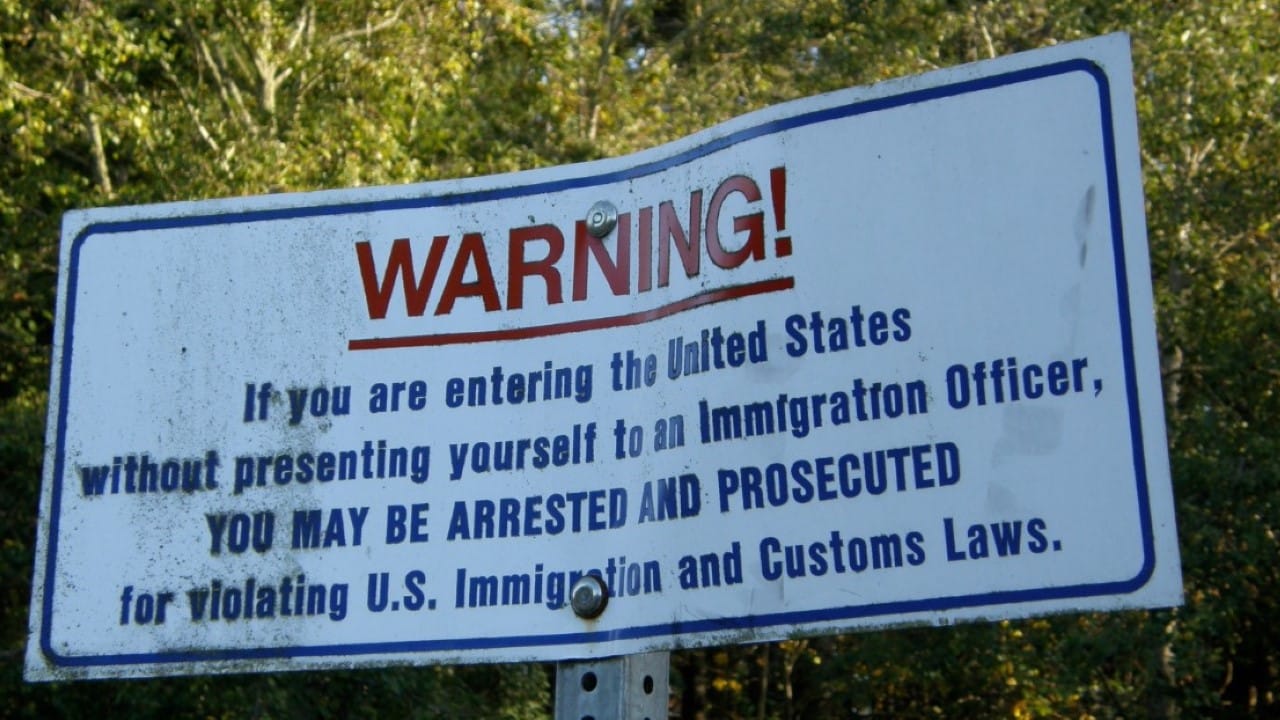
Point Roberts is unique because, while it is an American town, you need a passport to visit. The only way to get to the US town is to travel roughly 25 miles through Canada.
It’s not Canadian territory because it falls below the 49th parallel, but it’s technically attached to Vancouver.
2. Carova, North Carolina

Carova is the definition of a sleepy beach town, as it can only be accessed by a beach, and the speed limit is 15mph.
Aside from the unusual access point and sandy roads, Carova is also home to the descendants of wild Spanish horses. Affluent people buy property here because of the intense privacy and beachy vibe.
3. Green Bank, West Virginia
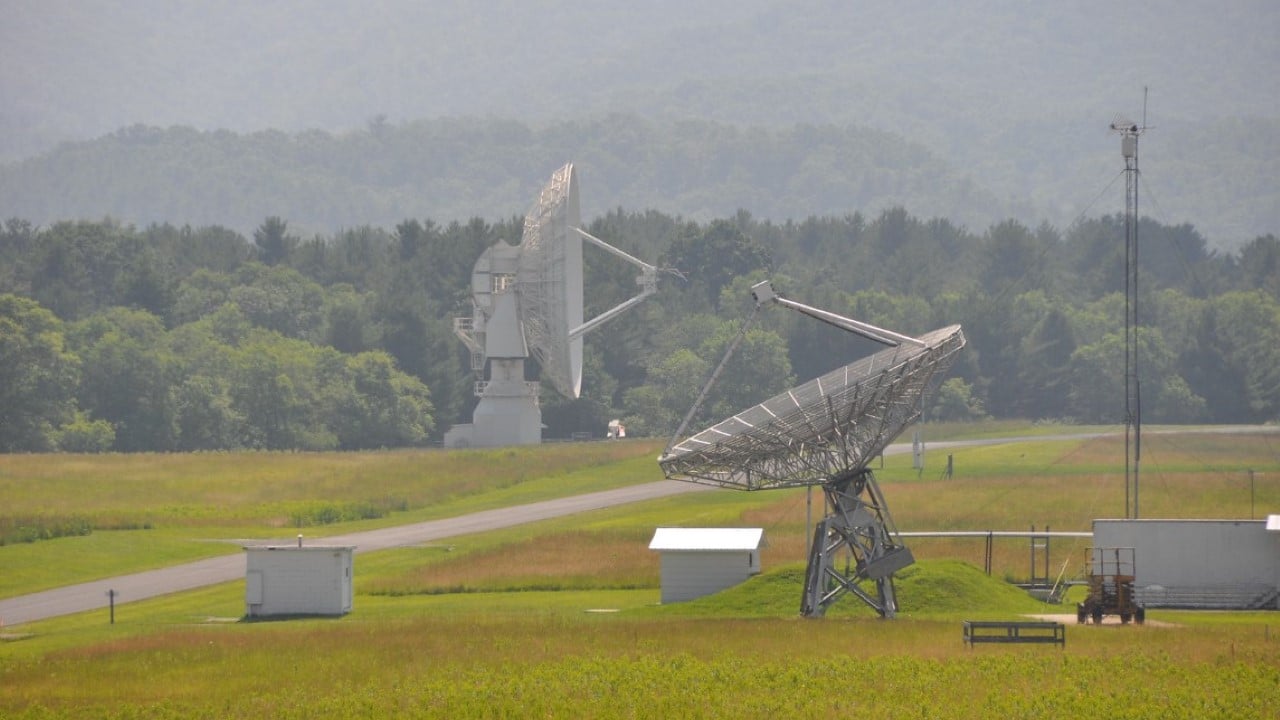
West Virginia seems full of weird and unbelievable towns, but Green Bank is one of the craziest. This spot is the location of scientific breakthroughs concerning astrophysics and astronomy.
The National Science Foundation’s Green Bank Observatory (GBO) in the town is a historic but active site, and the town prohibits phones, so you won’t get any reception, making it very quiet.
4. Gibsonton, Florida
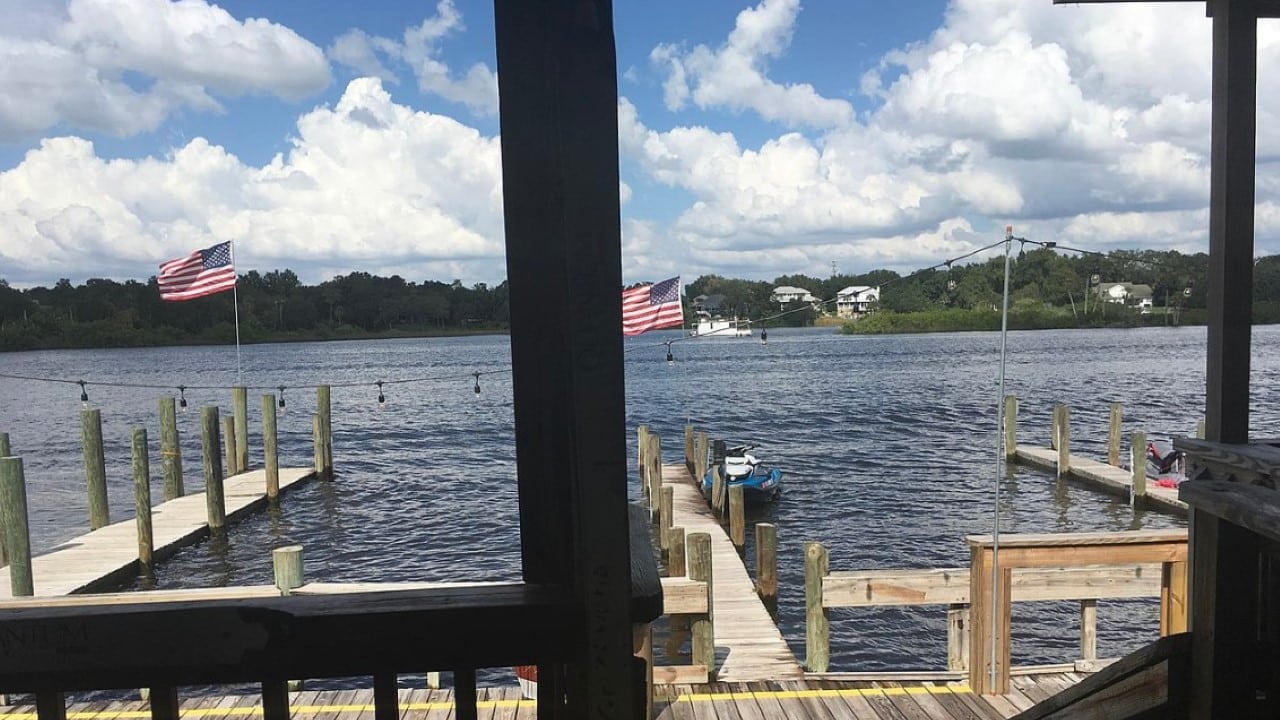
Gibsonton, Florida, has become somewhat of a retired community for circus performers. While there are fewer performers and circuses, the town still has a quirky and flashy vibe and embraces its eccentric reputation.
5. Lily Dale, New York
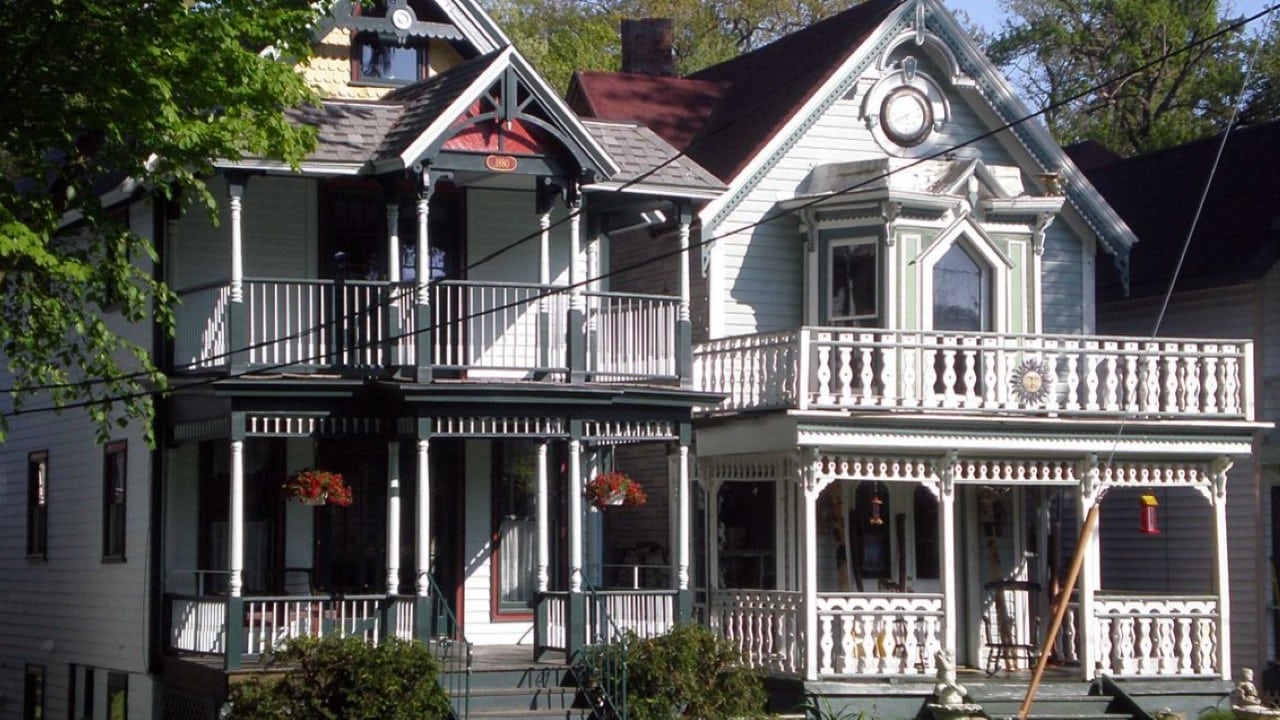
Lily Dale is an adorable hamlet town with a paranormal reputation, and it’s known as the land of spiritual healing, psychic powers, and mediumship, so many people who possess supernatural gifts flock here. The former religious commune still has some interesting and unorthodox town rituals.
6. Northwest Angle, Minnesota
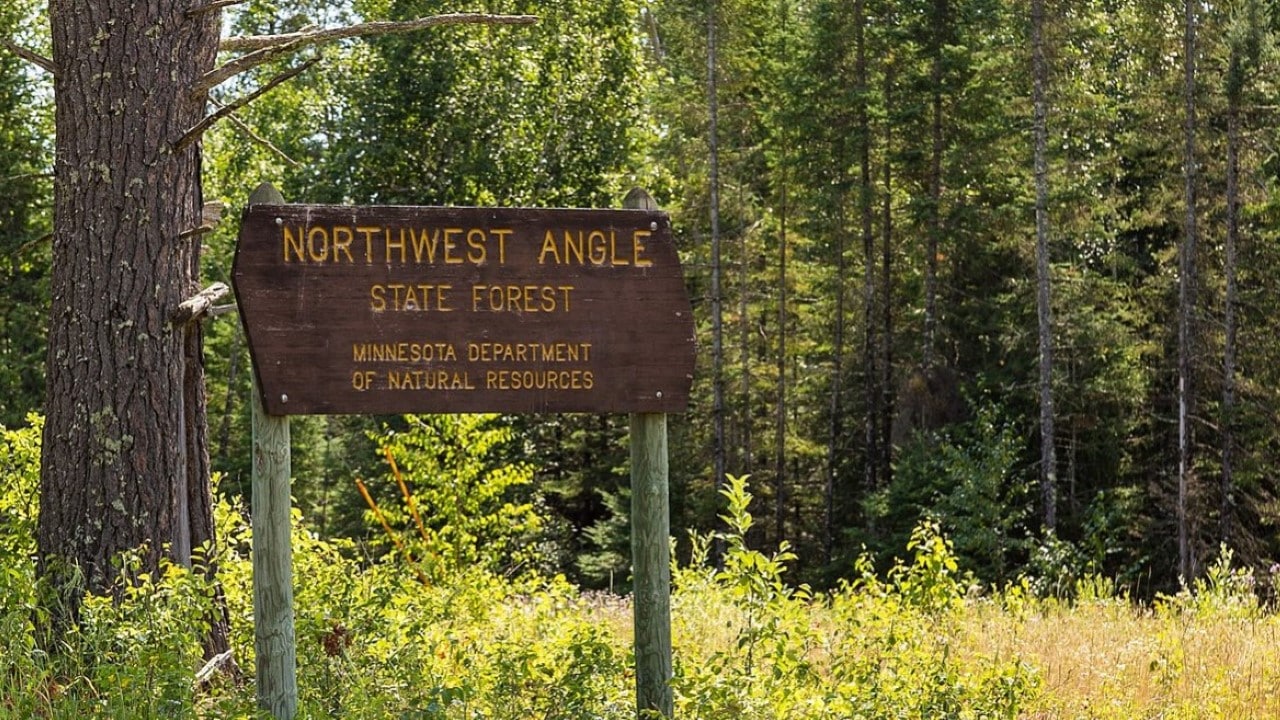
Northwest Angle is another pene-exclave, meaning you must go through Canada to get to it. It’s the only mainland US state above the 49th parallel and is completely surrounded by foreign land.
The small town is charming and welcoming to those who journey through Canada.
7. Supai, Arizona
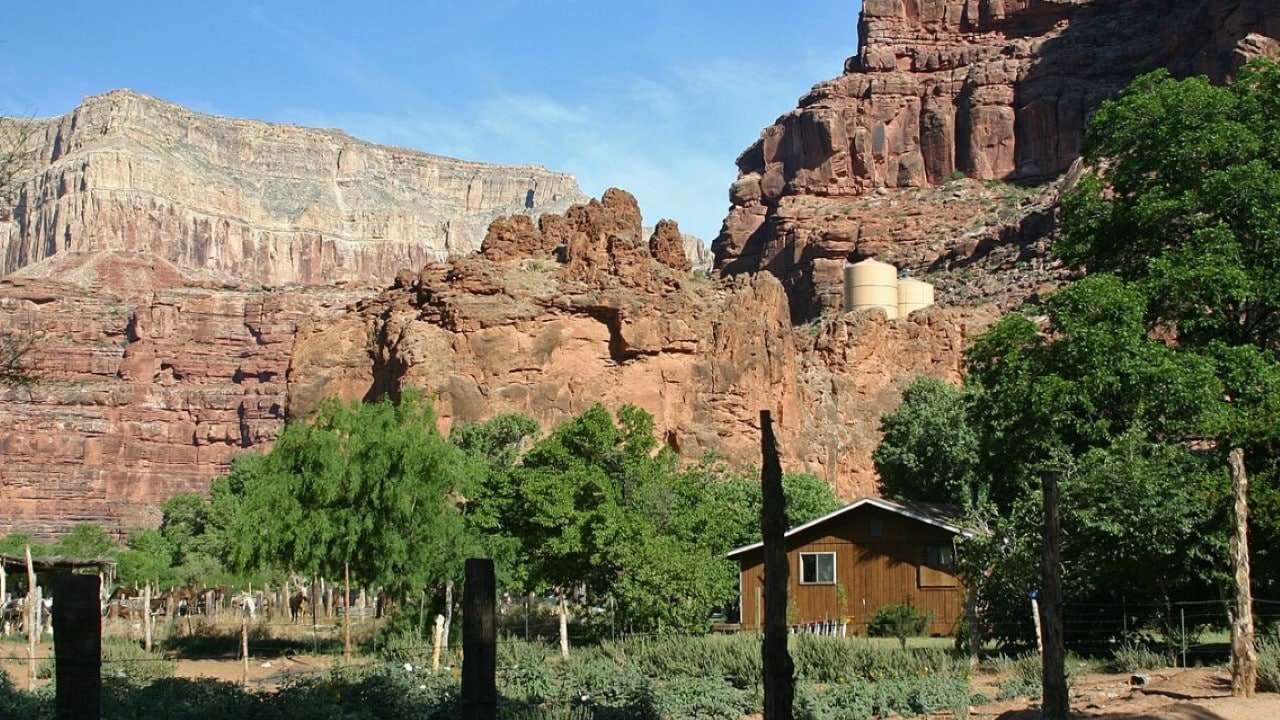
Supai is considered one of the most rural towns in the contiguous US, located at the bottom of the Grand Canyon!
The population hovers around 200, and it’s the only town where the mail is transported in and out of the community via mules.
8. Roswell, New Mexico
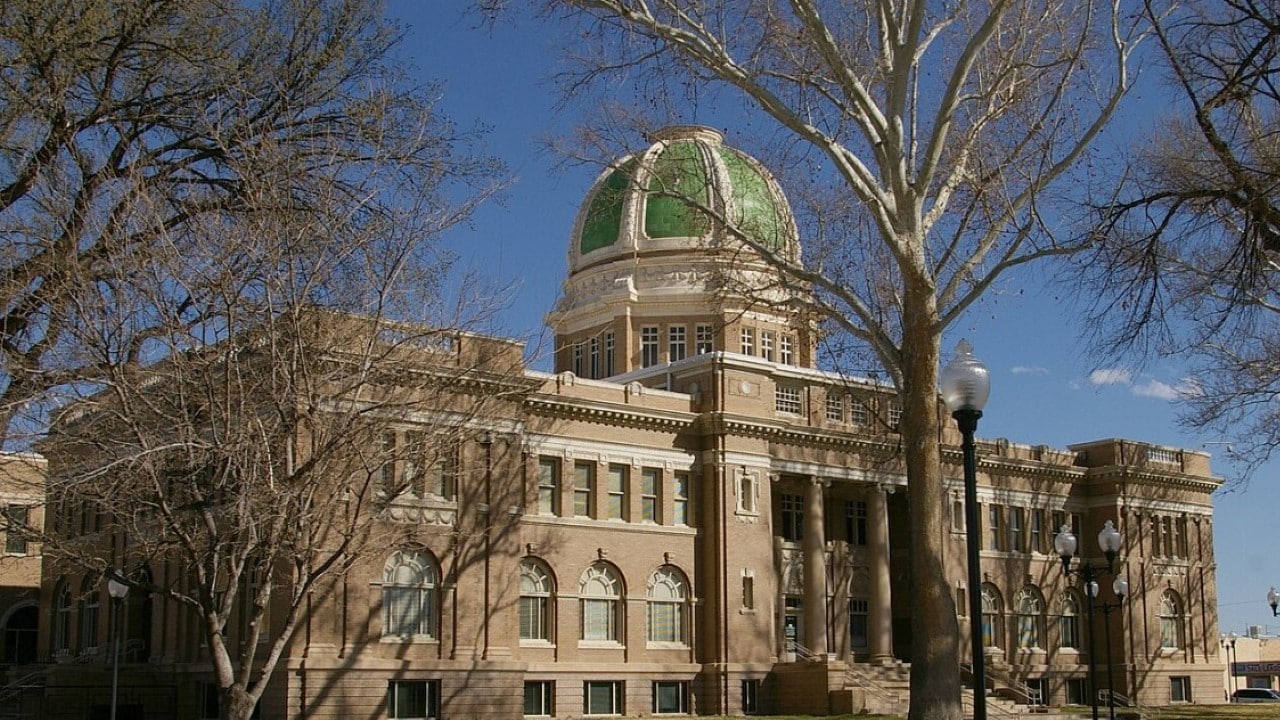
If you’re into aliens or watch The X-Files, you’ve probably heard of Roswell.
It’s the site of the alleged 1947 UFO crash, and people still visit the town in the hopes of catching a glimpse of something alien. However, it’s otherwise a vibrant and thriving town.
9. Centralia, Pennsylvania
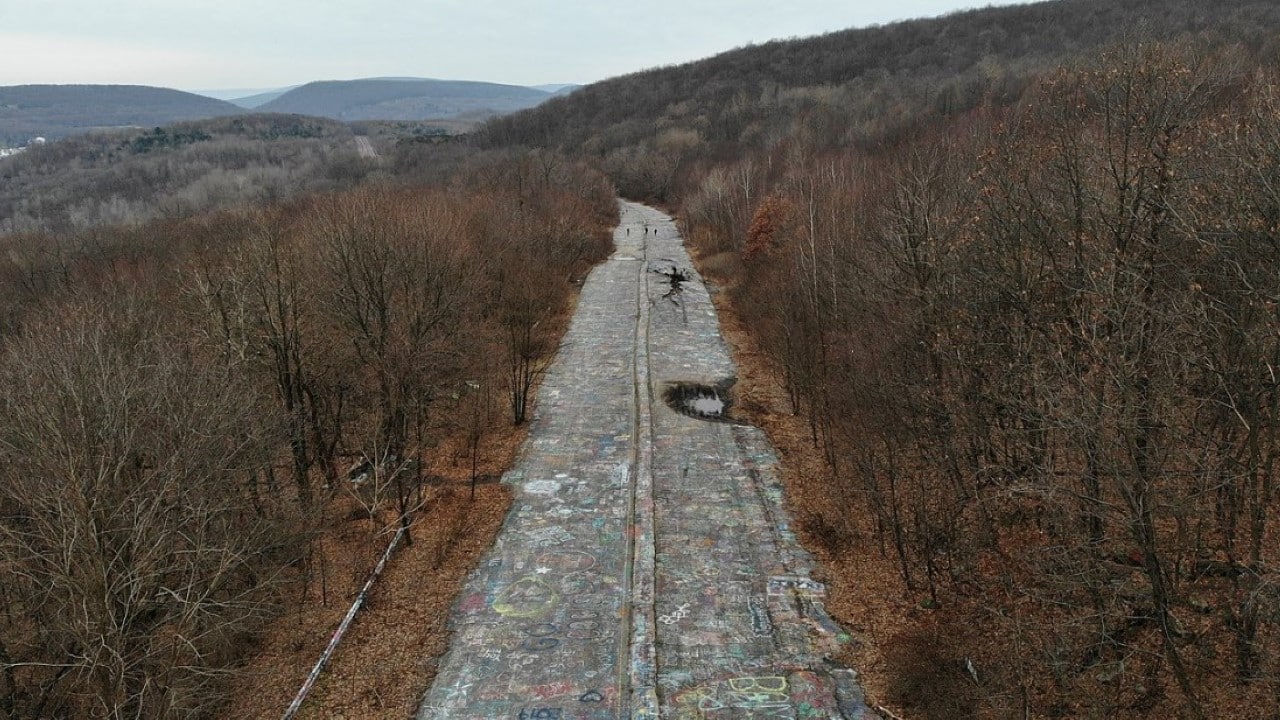
Centralia, Pennsylvania, has a netherworld vibe thanks to the ever-burning fire that started in a coal mine underground.
In the ’80s, the population was about 1,000, but now, it’s down to about five people. Visitors can drive through or walk around and see the smoke that hangs in the air throughout the town.
10. Eureka Springs, Arkansas
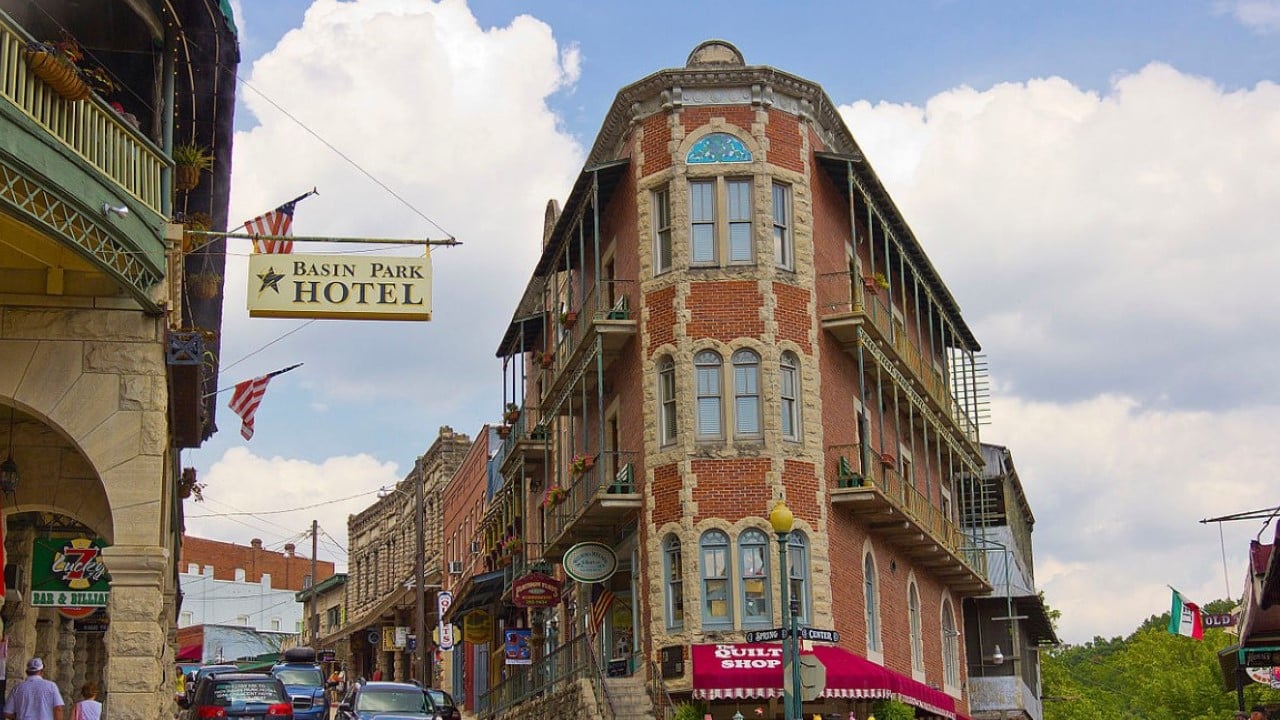
Eureka Springs is not as mysterious and creepy as other towns on this list, but it is one of the more unique places in the US.
The whole town has an immersive, artsy vibe, with dramatic Victorian buildings and eclectic residents. It’s weird in a beautiful way and is simultaneously eccentric and cozy.
11. Whittier, Alaska
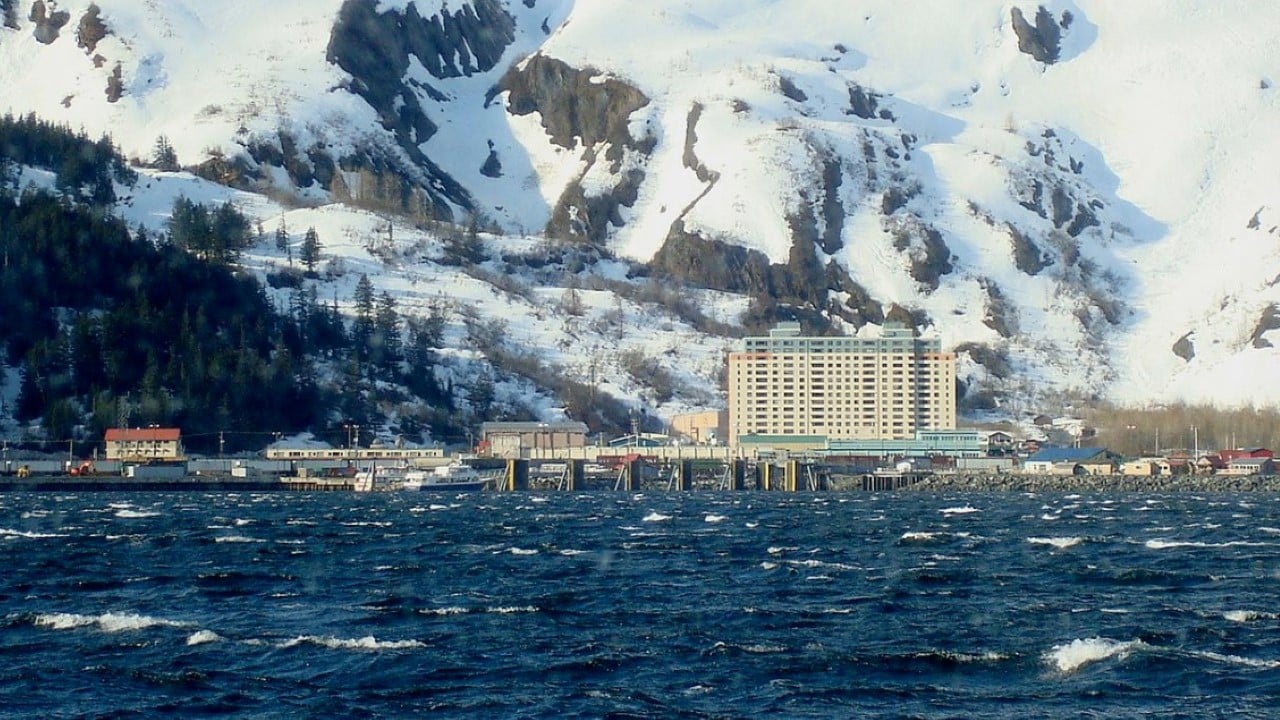
Alaska is such a remote location that many of the small, rural towns can be considered odd to US mainlanders.
However, Whittier is particularly interesting. It has a population of over 250, but every resident lives in the same building — the 14-story Begich Towers Incorporated, a Cold War building that houses the town’s hospital, school, and government.
The post Discover 11 of America’s Most Unusual Towns first appeared on Career Step Up.
Featured Image Credit: Shutterstock / RossHelen.
The content of this article is for informational purposes only and does not constitute or replace professional financial advice.

